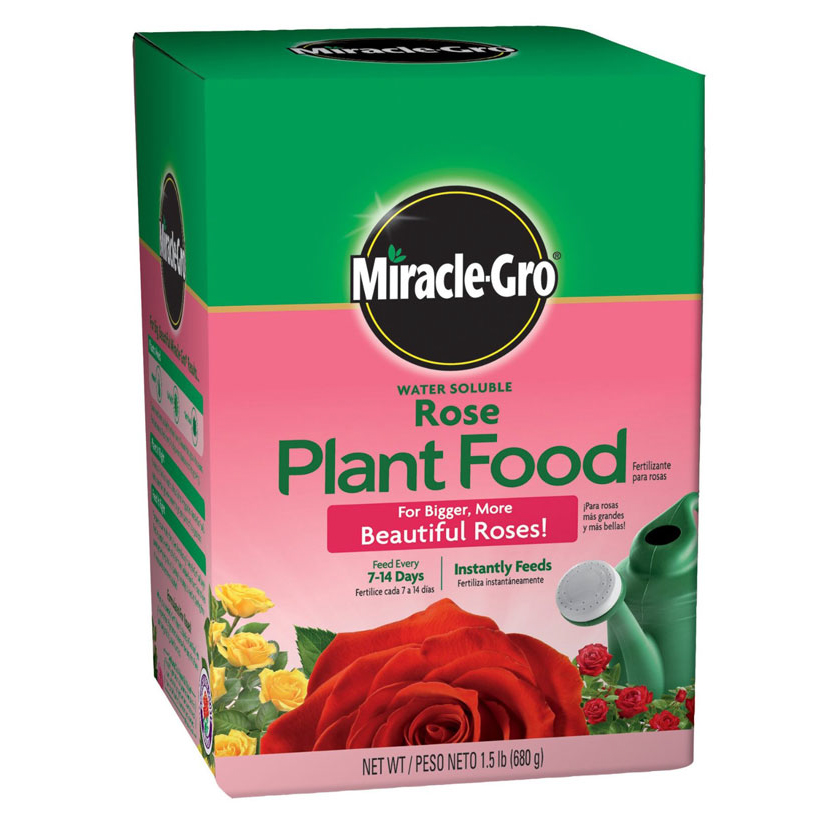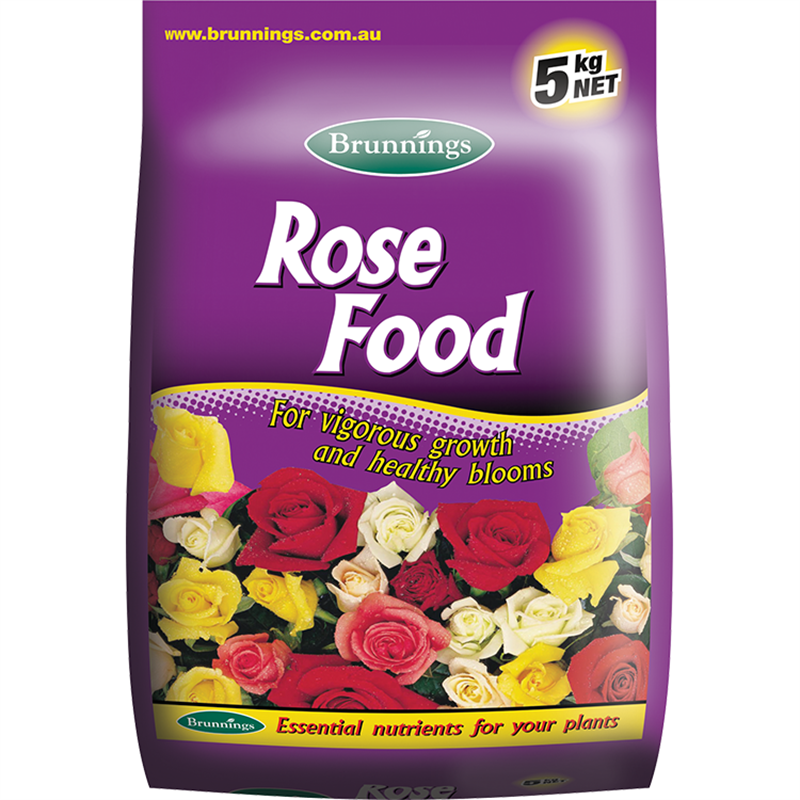Rose and meals, an beautiful mixture that tantalizes the style buds and captivates the senses, invitations us on a culinary journey the place flavors intertwine in concord.
From aromatic teas to delectable desserts and shocking savory dishes, roses add a contact of class and intrigue to each culinary creation.
Rose Varieties and Culinary Makes use of
Roses usually are not solely lovely flowers but additionally supply a novel culinary expertise. Varied rose varieties possess distinct flavors and aromas, making them versatile elements in cooking. From delicate petals to aromatic hips and important oils, roses add a contact of class and complexity to dishes.
Forms of Roses Utilized in Cooking
The kind of rose utilized in cooking considerably influences the flavour and aroma of the dish. Some frequent varieties embody:
- Damask Rose:Recognized for its candy, floral scent, damask rose is often utilized in desserts, jams, and teas.
- Centifolia Rose:Also called the “cabbage rose,” centifolia rose has a robust, spicy perfume and is usually utilized in potpourris and perfumes.
- Gallica Rose:With a barely bitter taste, gallica rose is primarily utilized in savory dishes, similar to stews and sauces.
Culinary Functions of Rose Petals
Rose petals are essentially the most generally used a part of the rose in cooking. They are often:
- Contemporary:Added to salads, desserts, and cocktails for a fragile floral taste.
- Dried:Used as a garnish or spice in teas, soups, and stews.
li> Candied:Dipped in sugar syrup to create a candy and aromatic deal with.
Culinary Functions of Rose Hips
Rose hips are the fruit of the rose plant. They’re wealthy in vitamin C and have a tart, barely bitter taste.
- Dried:Utilized in teas and natural infusions.
- Made into syrup:Added to desserts and cocktails for a novel taste.
- Processed into powder:Used as a pure meals coloring or antioxidant complement.
Culinary Functions of Rose Important Oils
Rose important oil is extracted from rose petals and has a extremely concentrated floral scent. It’s used sparingly in cooking resulting from its efficiency.
- Flavoring:Added to desserts, drinks, and sauces for a refined floral notice.
- Aromatizing:Utilized in diffusers or added to cooking water to create a aromatic environment.
Rose-Infused Drinks: Rose And Meals

Roses, with their charming perfume and delicate flavors, have discovered their manner into the realm of drinks, infusing them with a fascinating contact. From refreshing teas to tantalizing cocktails and fragrant cordials, the flexibility of roses on this planet of drinks is actually exceptional.
Rose-infused drinks not solely delight the senses but additionally supply a myriad of well being advantages. Roses are a wealthy supply of antioxidants, which assist shield in opposition to mobile harm, and have been historically used to appease sore throats, cut back irritation, and promote leisure.
Tea
Rose tea is a timeless basic, cherished for its delicate floral aroma and soothing properties. To organize rose tea, merely steep dried rose petals or rose buds in scorching water for 5-10 minutes. The ensuing infusion has a light-weight pink hue and a subtly candy, floral taste.
Cocktails
Roses add a contact of class and class to cocktails. Rose-infused easy syrup, made by simmering rose petals in sugar water, can be utilized to create a wide range of enchanting drinks. Well-liked rose-based cocktails embody the Rose Martini, made with vodka, rose syrup, and lemon juice, and the Rose Spritz, a refreshing mixture of prosecco, rose syrup, and soda water.
Cordials
Rose cordials are concentrated syrups that may be diluted with water or glowing water to create refreshing drinks. To make rose cordial, simmer rose petals with sugar, water, and citric acid. The ensuing syrup has a deep pink coloration and a candy, floral taste.
Rose-Scented Desserts

Rose-infused desserts have been a culinary delight for hundreds of years, tantalizing style buds with their delicate aromas and flavors. The incorporation of rose essence into desserts provides a contact of class and class, enhancing each the style and presentation.
Methods for Incorporating Rose Essence into Desserts
Incorporating rose essence into desserts could be achieved by way of varied strategies:
-
-*Rose Water
Rose water, made by distilling rose petals in water, imparts a fragile floral aroma and taste. It may be added to cake batters, pastry doughs, or syrups.
-*Rose Syrup
Rose syrup, ready by infusing sugar syrup with rose petals, provides a sweeter and extra concentrated rose taste. It may be drizzled over desserts, used as a glaze, or integrated into fillings.
-*Rose Petals
Contemporary or dried rose petals can be utilized to embellish desserts, including a vibrant pop of coloration and a refined floral aroma. They may also be candied or crystallized for a sweeter contact.
-*Rose Extract
Rose extract, a concentrated liquid created from rose petals, supplies a potent rose taste. It must be used sparingly to keep away from overpowering the dessert.
Rose-Infused Desserts
The flexibility of rose essence permits it to be integrated into a variety of desserts, together with:
-
-*Muffins
Rose-infused desserts, similar to rose sponge cake or rose bundt cake, supply a fragile floral taste that enhances each mild and wealthy frosting.
-*Pastries
Rose-flavored pastries, similar to rose croissants or rose baklava, present a flaky and buttery texture with a refined rose aroma.
-*Ice Cream
Rose-infused ice cream, similar to rose gelato or rose sorbet, provides a refreshing and flavorful deal with with a easy and creamy texture.
Advantages of Rose Aromas and Flavors in Desserts
Rose aromas and flavors improve desserts in a number of methods:
-
-*Floral Complexity
Rose essence provides a fragile and floral complexity to desserts, creating a novel and complex style expertise.
-*Visible Attraction
Rose petals and rose-infused decorations improve the visible attraction of desserts, including a contact of class and sweetness.
-*Well being Advantages
Roses have antioxidant and anti inflammatory properties, making rose-infused desserts not solely scrumptious but additionally probably useful for well being.
Savory Rose Dishes

Roses, usually related to their charming perfume and sweetness, possess a shocking culinary versatility that extends past desserts and drinks. Their petals, imbued with a nuanced taste profile, can elevate savory dishes, including a contact of floral class and complexity.
The fragile rose taste enhances a variety of culinary creations, from salads to soups and even foremost programs. Their refined sweetness and floral notes improve the flavors of different elements with out overpowering them.
Salads
- Rose Petal and Goat Cheese Salad:Crisp greens topped with crumbled goat cheese, edible rose petals, and a light-weight French dressing dressing.
- Beet and Rose Salad:Roasted beets, recent arugula, and aromatic rose petals tossed in a tangy balsamic French dressing.
Soups, Rose and meals
- Creamy Tomato and Rose Soup:A velvety tomato soup infused with rose petals, making a harmonious mix of sweetness and acidity.
- Chilled Cucumber and Rose Soup:A refreshing summer time soup that includes diced cucumbers, rose petals, and a touch of mint.
Foremost Programs
- Rose-Scented Rooster:Rooster breasts marinated in a combination of rose petals, herbs, and spices, grilled to perfection.
- Lamb Chops with Rose Petal Glaze:Succulent lamb chops glazed with a candy and savory sauce created from rose petals, honey, and Dijon mustard.
Rose as a Culinary Garnish
Roses usually are not solely visually interesting but additionally versatile in culinary purposes. As garnishes, they add a contact of class and class to meals and drinks.
When deciding on roses for garnishing, select varieties with edible petals, similar to Rosa gallica, Rosa rugosa, or Rosa centifolia. Make sure the roses are organically grown and free from pesticides.
Artistic Rose Garnish Concepts
- Rose Petal Sugar: Sprinkle dried rose petals over sugar for a fragile floral contact on pastries or desserts.
- Candied Rose Petals: Dip rose petals in egg white after which in sugar to create edible, glowing garnishes.
- Rose Petal Ice Cubes: Freeze rose petals in ice dice trays for a refreshing and stylish addition to cocktails or mocktails.
- Rose Petal Salad Topper: Scatter recent rose petals over salads for a burst of coloration and a refined floral aroma.
- Rose Petal Butter: Combine rose petals into softened butter and unfold it on bread or crackers for a flavorful and visually gorgeous appetizer.
Useful Solutions
What are the commonest forms of roses utilized in cooking?
Damask roses, centifolia roses, and gallica roses are widespread selections resulting from their intense perfume and taste.
Can I exploit any rose from my backyard for cooking?
Whereas many roses are edible, it is necessary to make use of roses particularly bred for culinary functions. Roses handled with pesticides or herbicides must be prevented.
How do I put together roses for culinary use?
Gently take away the petals from the rose, avoiding the white base. Rinse the petals completely and pat dry earlier than utilizing.




/NoDerog-sprouts-5820c37c3df78cc2e8907ebe.jpg?resize=600&w=600&ssl=1)